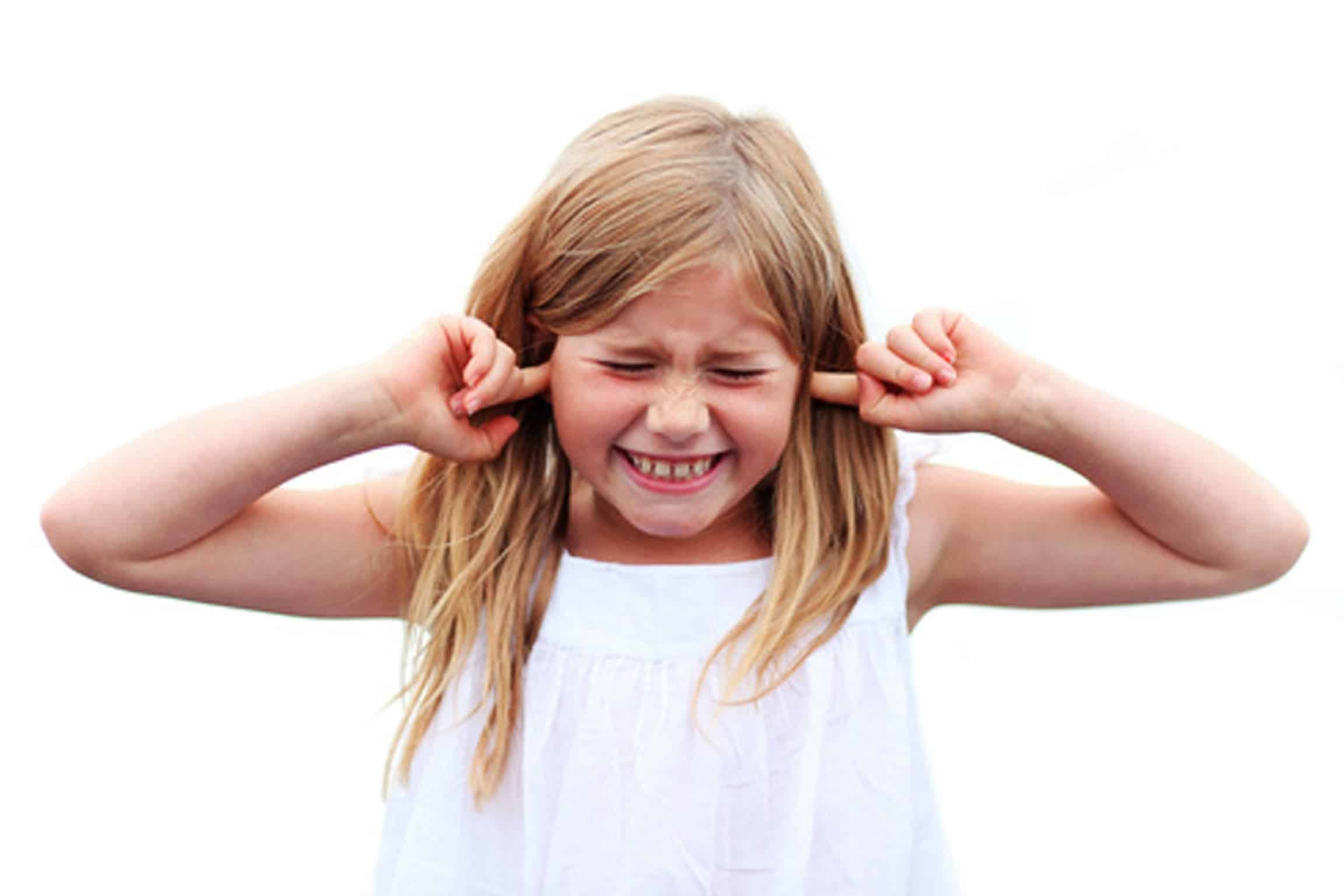In our world today, it feels like everything is, you know, just a bit much. There's so much happening, so many sounds, so many things asking for our attention. It's almost like a constant stream of noise, and sometimes, that noise can be really, really loud. Think about the music that plays, or the chatter of people around you. It all adds up, doesn't it? This constant volume, it makes us think about something important: the idea of living with, perhaps, a little bit more quiet. It's about finding ways to turn down the volume, both around us and within us, to create a more peaceful space.
When we talk about things being "loud," it's not always just about sound, is that right? As a matter of fact, the word "loud" itself has a rather interesting history. You might hear someone talk about a "loud shirt," for instance. That doesn't mean the shirt makes noise. No, that means the shirt has very bright colors, maybe even flamboyant colors. According to some word histories, like what you might find on a site such as etymology.com, this use of "loud" for something visually striking, like a piece of clothing, goes back to the late 1800s. It just shows that "loud" can describe more than just how much sound something makes; it can also describe how much something stands out or demands notice.
So, the idea of "loud less" goes beyond just turning down the stereo. It's about a way of being, a way of interacting with our surroundings and with other people. It's about being more intentional with our presence, our words, and the sounds we make. It's about choosing to contribute less to the overall "din," that unpleasant noise of a crowd, for example, that can feel overwhelming. This approach, you know, can bring about a lot of good things for us, helping us to feel more centered and connected in our daily lives. It's a simple shift, but it can make a big difference, really.
Table of Contents
- Understanding the Volume of Life
- The Linguistics of Loud and Less Loud
- Practical Steps Towards Loud Less
- The Benefits of a Quieter Approach
- Frequently Asked Questions About Loud Less
- Finding Your Own Quiet
Understanding the Volume of Life
Our days are, in some respects, filled with a lot of different sounds and sensations. From the moment we wake up, there's often something making noise. Maybe it's the alarm, or traffic outside, or the sounds of people getting ready. This background hum, it tends to be pretty constant. And as the day goes on, we add to it, don't we? We play music, we talk on the phone, we engage in conversations. It's all part of living, but sometimes, the sheer amount of it can feel like too much.
More Than Just Sound
As we touched upon, the idea of "loud" isn't just about what we hear. It's a word that can describe things that are very noticeable, very intense. Think about a person who has a "loud" personality. That person might not be shouting, but their presence, their way of being, it just fills a room. Or consider a visual "loudness," like that loud shirt we talked about. It's about how much something stands out, how much it demands attention. So, when we think about "loud less," it's not just about turning down the sound. It's about turning down the overall intensity, the constant demand for our attention, in many parts of our lives. It's about seeking a more subtle, perhaps, and gentle way of being, which can be quite calming.
The Impact of Constant Noise
A lot of sound, especially when it's unpleasant or overwhelming, can have a real effect on us. That constant "din" of a busy place, for example, it can make us feel a bit on edge. Our bodies, they might react to it without us even realizing. You might find yourself feeling more tired, or perhaps a little more stressed, when you are always surrounded by a lot of noise. It's like our brains are working overtime just to process everything. This can lead to trouble focusing, and it can make it harder to relax at the end of the day. It's really something to consider, how much the sounds around us shape our well-being.
The Linguistics of Loud and Less Loud
The way we use words about sound, it's actually quite fascinating, isn't it? We often debate how to say things, like whether to "play music loud" or "play music loudly." Many people, you know, might feel that "play music loudly" is the grammatically correct choice. But, in everyday talk, you hear "play music loud" quite a bit more often. This shows us that language, it's a living thing. It changes, and how people use words, it really shapes what feels right. This little difference, it can tell us something about how we approach sound in our lives, too. Sometimes, the common way of doing things, even if it's "loud," becomes the norm, whether it's the most thoughtful choice or not.
Speaking Loud or Loudly
Think about how we ask someone to increase their voice. Do we say "Please sing louder" or "Please sing more loudly"? In some formal settings, like a quiz at an office, the answer might be that "more loudly" is considered the proper way. But in conversation, "louder" just comes out naturally, doesn't it? This distinction, it helps us think about our own communication. Are we always speaking in a way that is clear and understood, or are we sometimes just making more noise? The goal of "loud less" in communication isn't to be quiet all the time. It's about being clear, being heard, but without adding unnecessary volume or intensity. It's about choosing our words and our voice with more purpose, you know, so that what we say truly lands.
Expressions and Their Volume
Our emotions, they often come with sounds, too. When people cry or sob, there are specific sounds they might make, which we sometimes try to write down in chat or on social media. And then there are expressions like "for crying out loud." This phrase, it's often used when someone is feeling really frustrated, and it's usually said with a bit of volume, isn't it? It's an exclamation, a way to release strong feelings. This just shows how deeply connected our emotions are to the sounds we make. Even something like a laugh, which can be a "hoot," meaning a loud, hearty laugh, it has its own volume. "Hoot" as a laugh, in my experience, is often used for a very unrestrained, perhaps even a bit boisterous, kind of laugh. The idea of "loud less" means considering these expressions, too. It's about finding ways to express ourselves fully, but perhaps with a bit more control over the intensity, especially when it comes to frustration or overwhelming emotion. It's about finding that balance, you know, between expressing what you feel and not adding too much extra noise to the world.
Practical Steps Towards Loud Less
Making a shift towards "loud less" in your daily life, it doesn't have to be a huge change all at once. It's more about small, intentional choices that add up over time. You can begin by just noticing the sounds around you. What's making noise? Is it necessary? Is it pleasant? This kind of awareness, it's the first step. Then, you can start to think about what you can adjust. It's about finding those little pockets of calm and quiet that can make a big difference to your overall well-being. This approach, it's very personal, and what works for one person might be a bit different for another. But the core idea is the same: seeking more peace. For more ideas on creating a calmer environment, you could learn more about mindful living on our site.
Creating Quiet Spaces
One very practical way to embrace "loud less" is to carve out quiet spots for yourself. This doesn't mean you need a soundproof room, you know. It could be a corner of your home where you try to keep the television off, or where you only listen to very gentle music. Maybe it's just a few minutes each day where you sit without any electronic devices making noise. You could try using soft furnishings, like rugs or curtains, which can absorb some sound. Even a few plants can help make a room feel a bit more peaceful. The goal is to create an environment where your ears, and your mind, can get a break from the constant input. It's amazing how much a little bit of quiet can refresh you, really. It just lets your thoughts settle.
Mindful Communication
Our words, they carry a lot of weight, and their volume, it matters too. Thinking about "loud less" in how we talk means choosing our moments and our tone. Sometimes, we might speak "out loud" without thinking, but there's a difference between "out loud" and "aloud." "Out loud" is a much newer way of saying something, while "aloud" has been around longer. This small linguistic detail, it reminds us that how we express ourselves, it evolves. So, when we communicate, we can ask ourselves: Do I need to speak this loudly? Am I being clear, or just loud? It's about making sure our message is "loud and clear," as the old saying goes, meaning distinct and understood, but not necessarily booming. It's about being present in our conversations, listening more, and perhaps, talking a little less, or at least with less unnecessary volume. This approach can really improve how we connect with others. You can find more insights on this topic by visiting our communication tips page.
Reducing Digital Noise
In our modern world, a lot of the "loudness" comes from our screens, doesn't it? Notifications, alerts, constant streams of information – it can all feel like a very loud presence in our lives. Embracing "loud less" means taking control of this digital input. You can turn off notifications for apps that aren't essential. You can set specific times to check emails or social media, instead of being constantly pulled in. Maybe you try a "digital detox" for a few hours each day, where you just put your phone away. It's about creating boundaries with technology so that it serves you, rather than overwhelming you with its constant demands for attention. This can truly bring a sense of calm back into your day. It's about choosing what you let into your mental space, really.
The Benefits of a Quieter Approach
Adopting a "loud less" mindset can bring a surprising number of good things into your life. When you reduce the amount of noise and intensity, both around you and within your own actions, you might find that you feel more at peace. Your stress levels, they could go down a bit. It becomes easier to think clearly, to focus on tasks, and to just enjoy the present moment. Your relationships might even improve, as you become a more mindful communicator and listener. It's like you are giving your brain, and your whole self, a chance to rest and recharge. This shift, it can lead to a deeper sense of well-being. It's not about being silent all the time, of course. It's about finding that sweet spot where you are comfortable, where you are effective, and where you are not constantly overwhelmed by too much input. It's a way to live with more intention and more calm, which is something many people are looking for these days, you know, as of late 2023.
Frequently Asked Questions About Loud Less
Here are some common questions people often have about this idea of "loud less":
What does "loud less" really mean in daily life?
Basically, "loud less" means making a conscious choice to reduce unnecessary noise and intensity in your life. This could be about turning down the volume on your devices, speaking more thoughtfully, or even choosing to wear less visually "loud" clothing. It's about seeking more calm and subtlety in your surroundings and your actions. It's a way to be more present, you know, and less overwhelmed by constant input.
How can I start to practice "loud less" if I live in a very noisy area?
Even in a loud environment, you can still practice "loud less." You might start by using noise-canceling headphones, creating a small, quiet corner in your home, or taking short breaks in a nearby park. It's also about managing your own reactions to the noise. Instead of letting it frustrate you, you could try to acknowledge it and then refocus your attention. It's about finding those little moments of peace, even if the world around you is still a bit noisy. That's really what it comes down to.
Is "loud less" about being quiet all the time, or never expressing strong emotions?
No, not at all. "Loud less" isn't about being silent or suppressing your feelings. It's about being intentional with your volume and your expressions. Sometimes, you need to speak up, or laugh out loud, or even express frustration. The point is to do it with purpose, rather than just reacting with unnecessary volume or intensity. It's about finding a balance where your communication is clear and effective, and your emotional expressions are authentic, but they don't add to an overwhelming "din" for yourself or others. It's about making thoughtful choices, you know, in how you present yourself.
Finding Your Own Quiet
The journey to "loud less" is a very personal one. It's about exploring what makes you feel calm and what helps you to thrive in a world that can often feel quite overwhelming. It's not about following strict rules, but rather about discovering your own rhythm and your own needs for peace. This approach, it invites you to pay closer attention to the sounds, the sights, and the overall feel of your daily life. By making small, thoughtful adjustments, you can create a more serene existence for yourself. It's a gentle invitation to find more quiet, more clarity, and more connection in your everyday moments. It's a path that can lead to a richer, more peaceful life, really. It's about giving yourself the gift of calm.



Detail Author:
- Name : Sandra Mueller
- Username : jorge57
- Email : bechtelar.xavier@wunsch.org
- Birthdate : 1993-06-24
- Address : 462 Schowalter Land Apt. 091 South Okey, MD 67498
- Phone : +13477716522
- Company : Barton-Volkman
- Job : Agricultural Crop Worker
- Bio : Et officia qui qui illo. Quis praesentium vitae officiis atque amet ratione nihil nisi. Quibusdam pariatur ex voluptate et qui inventore quo.
Socials
facebook:
- url : https://facebook.com/zola.mcdermott
- username : zola.mcdermott
- bio : Aspernatur aliquid natus corrupti perferendis fugit temporibus qui.
- followers : 3640
- following : 849
tiktok:
- url : https://tiktok.com/@mcdermottz
- username : mcdermottz
- bio : At asperiores et quibusdam similique. Nam natus omnis culpa nihil aut ad.
- followers : 320
- following : 2072

